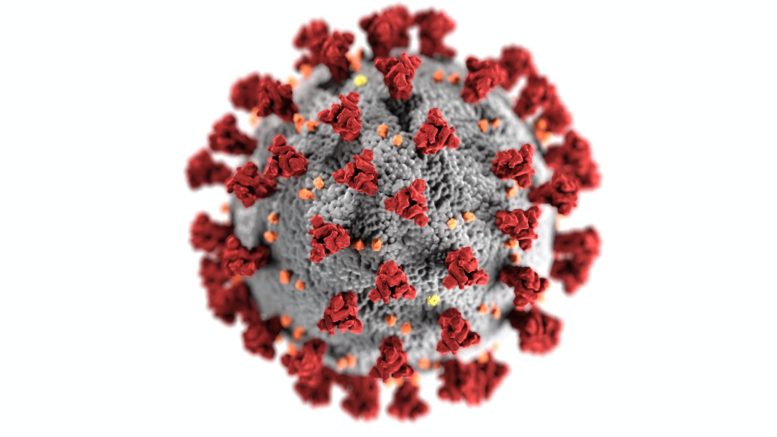Virginia hospitals and health systems welcome a decision by the U.S. Food and Drug Administration to grant emergency use authorization to Johnson & Johnson’s single-dose COVID-19 vaccine.
The availability of this new vaccine, combined with increased production by vaccine makers Pfizer and Moderna, should result in a significant increase in federal distributions to the commonwealth in support of expanded efforts to achieve a critical mass of vaccinated Virginians as quickly as possible.
With as many as 69,000 doses of the Johnson & Johnson vaccine expected to begin arriving next week, Virginia hospitals stand ready to help the state administer them as efficiently as possible.
In recent weeks, the vaccine supply has continued to increase as Pfizer and Moderna have ramped up manufacturing efforts and as federal regulators continue to evaluate administration and storage recommendations based on new data.
Due to these factors, Virginia’s vaccine allocation from the federal government is estimated to have increased to as much as 250,000 doses per week.
With the FDA granting EUA to the Johnson & Johnson vaccine, the expectation is that vaccine dose distribution to Virginia will continue to grow each week for the foreseeable future.
Based on Johnson & Johnson’s pledge to deliver 20 million doses by the end of March, Virginia could receive as many as 500,000 additional doses in the coming weeks if the vaccine allocation formula continues to be based on population.
Because health systems have already established community vaccination clinics and are supporting other vaccine efforts, they currently have the capacity to administer approximately 225,000 vaccine doses each week. Adding the Johnson & Johnson vaccine doses to the existing supply chain will enable Virginia hospitals and health systems to maximize their capacity.
The authorization of the Johnson & Johnson vaccine offers an inoculation option that can be administered in a single dose (the Pfizer and Moderna vaccines require two doses several weeks apart). In clinical trials, the Johnson & Johnson vaccine has been found to have equivalent efficacy to the Pfizer and Moderna vaccines as it relates to preventing severe cases of COVID-19 leading to hospitalization or death. It has also been shown to have potentially fewer side effects. Since Johnson & Johnson vaccine doses can be stored at refrigerated temperatures rather than at ultra-cold levels, that helps simplify distribution, storage, and administration, which means even more health care providers may have the opportunity to participate in vaccination efforts.





